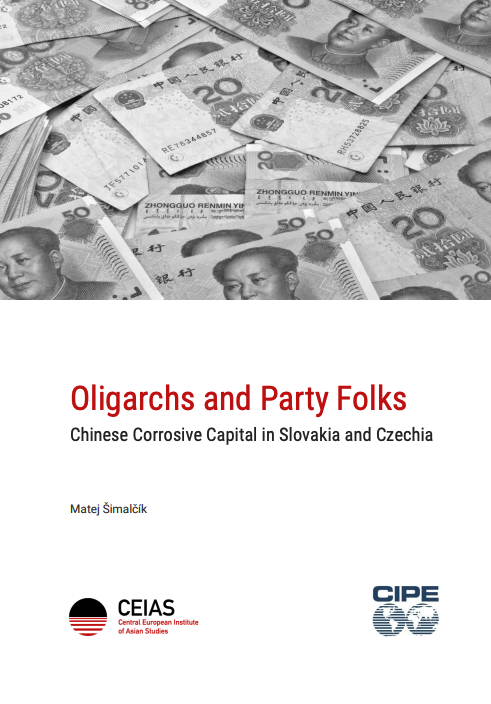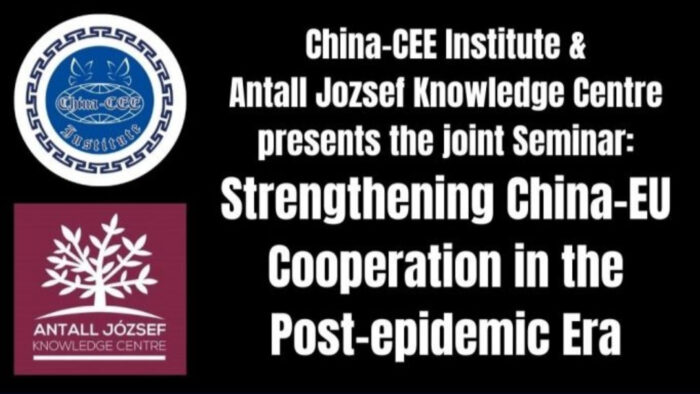The Association for International Affairs (AMO), a Prague-based foreign policy think tank, has recently published a study on Chinese influence in Hungary, saying that China plays a “system-supporting and system-legitimizing role.” The study argues that Chinese “corrosive capital” provides lucrative business opportunities for Hungarian prime minister Victor Orbán’s clientelist networks and helps him portray Hungary as a key global player. The AMO study describes corrosive capital as follows:
Corrosive capital refers to a distinguished state or private financing that lacks transparency, accountability, and market orientation. It is instrumentalized by authoritarian regimes like China to exploit governance gaps to influence policy making in recipient countries.
The AMO study says that while the overall scale of Chinese investments in Hungary remains small, specific bilateral projects have provided the financial resources to Orbán’s clientelist network of the government and thus leverage necessary to consolidate power. The study highlights the following nontransparent economic China-related projects in Hungary:
- Settlement bonds
- The Budapest-Belgrade Railway project
- COVID-19 related purchases
- The Budapest campus of the Chinese Fudan University
The AMO study says these Chinese investments have resulted in Hungary becoming one of the fiercest pro-China forces in Europe:
June 2022 Relations with China have been elevated to be a defining feature of the Orbán regime’s identity, embedded in a deeply Eurosceptic populist narrative in which the EU represents the corrupt elite and China is even praised for its economic “efficiency.” Hungary has become one of the most ardent supporters of Beijing’s 16+1 co- operation format and Belt and Road Initiative. As the EU and key European powers’ China policies have shifted to reflect the growing competition aspect of the relationship, Budapest has doubled down on its pro-China policy course, acting as a spoiler of joint EU action.
Read the full study here.
The Global Influence Operations Report has previously reported on the adverse effects of Chinese investments in Hungary and elsewhere in Central and Eastern Europe. We have also noted how Chinese corrosive capital is used to access critical assets, facilitate elite capture, and distort local discourse on China in Slovakia and Czechia.












